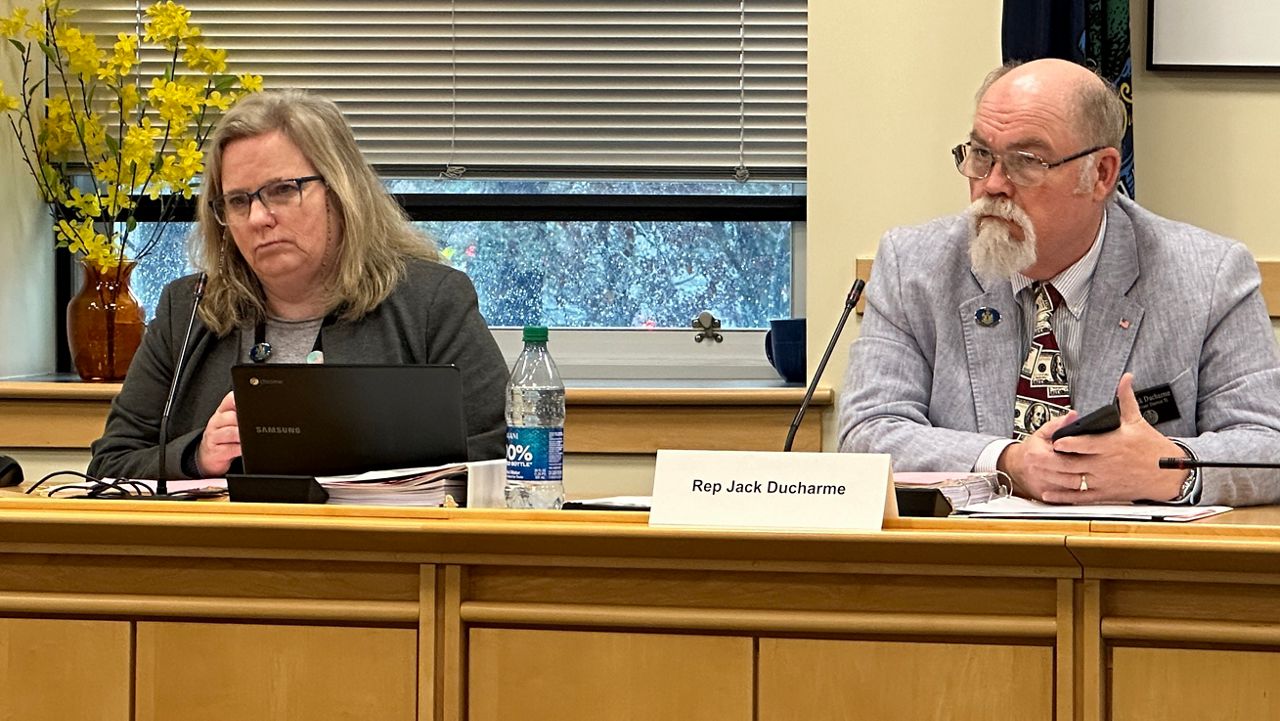A panel studying long-term public health needs in Maine expressed support Monday for creating a separate trust to oversee tobacco settlement funds.
The idea is to promote long-term planning and to help insulate the funds from lawmakers so the money will target tobacco use prevention and other public health programs.
“We’re going to establish this trust because we think from a financial perspective putting the money in a box that is controlled for public health funding is a good idea and not subject to the whims of the legislative process or the electoral box,” said Rep. Jack Ducharme (R-Madison). “But rather sound ideas for public health.”
Maine is one of 46 states to receive funds each year from tobacco manufacturers as part of a settlement reached in 1998. The states sued the manufacturers for illness and death caused by tobacco use, according to the Maine Public Health Association.
Funds are designated for programs that include smoking prevention, obesity, prenatal care, dental and oral care and substance abuse prevention.
The Blue Ribbon Commission to Design a Plan for Sustained Investment in Preventing Disease and Improving the Health of Maine Communities voted Monday to recommend to legislators that the tobacco funds be governed by a new separate entity.
The entity would direct funds for tobacco prevention, public heath activities and “interventions addressing issues related to health equity,” according to language reviewed Monday.
That would mean lawmakers would have to find funds for other programs now supported by the settlement money, including MaineCare reimbursements, substance use interventions and Head Start.
The trend toward electronic cigarettes is decreasing the funds the state receives from the agreement with tobacco companies, creating a gap in funding, according to the legislation that established the commission.
“The problem right now is the (master settlement agreement) funds are declining over time,” said Yvonne Jonk of the Maine Rural Health Research Center. “We know that the trend is a reduction in smoking of tobacco products but vaping is on the rise. Short of some kind of lawsuit against the vaping companies, how are we going to rectify the fact that those dollars are on the downhill?”
While the fund received nearly $57 million in July 2022, those numbers dropped to about $41 million this year and are projected at $38 million next year, according to the Office of Fiscal and Program Review.
In addition, the legislation identifies another problem often faced by lawmakers — they work in two-year increments, making long-term planning difficult.
“Public health problems are seldom solved and health and economic benefits are rarely measurable within a 2-year state budget cycle,” the resolve states.
That leads to “an ongoing loss of opportunities to plan and invest in long-term, evidence-informed primary and secondary chronic disease prevention initiatives.”
One of the recommendations is to examine performance data and return on investment. Rep. Anne Graham (D-North Falmouth), a retired nurse, said while that’s important, she wanted to remind members that these programs improve people’s lives.
“We know really it’s human beings and what happens when individuals are able to get better,” she said. “We know these investments are important. We’re investing in people’s health and wellbeing.”



